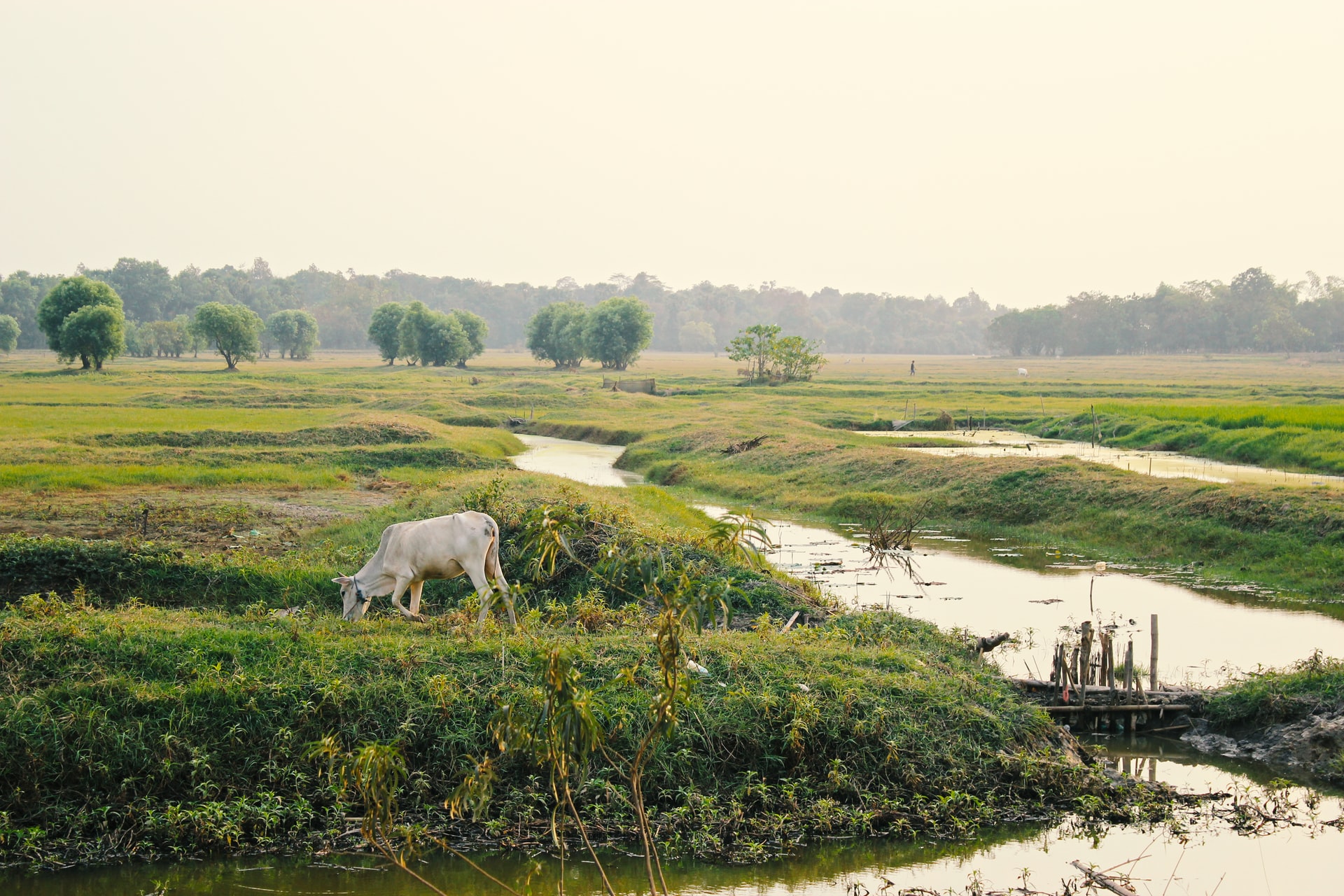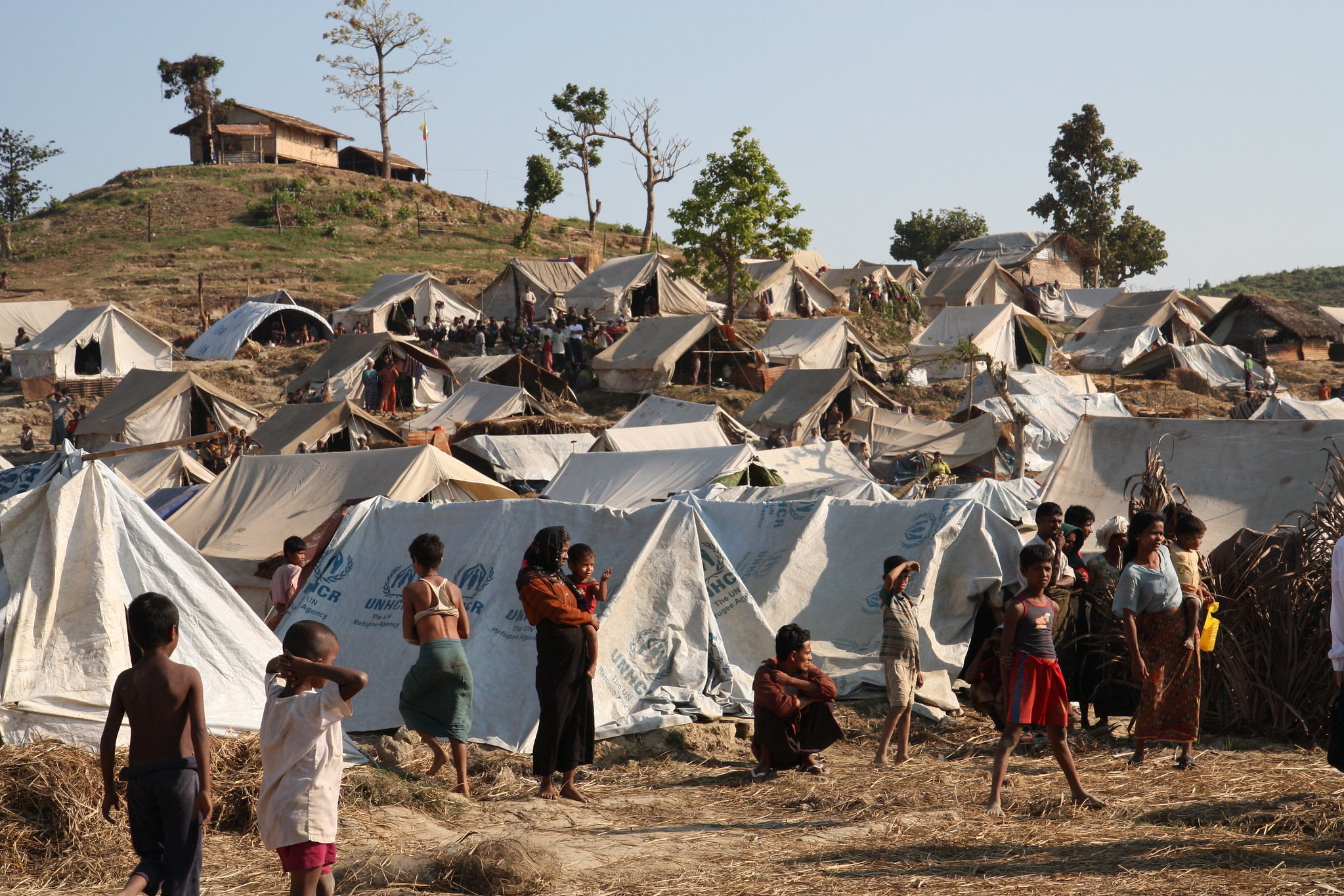Foreign investment in Myanmar has the potential to generate positive spill-over effects on the domestic economy, including enhancing the productivity of the country’s agricultural sector. Nevertheless, by providing financial resources in exchange for investment opportunities and land, foreign investors may indirectly assist the military junta while operating their core businesses, writes Alvin Hoi-Chun Hung
_______________________________________________
Land resources in developing countries present attractive opportunities for foreign investors to expand their international markets and extend their global supply chains. Despite its recent coup in Southeast Asia, Myanmar remains a developing country that offers these opportunities, with China especially eager to increase investment there. However, lack of understanding regarding the socio-legal environment pertaining to land resources in Myanmar could present problems for foreign investors considering investment in this uncharted territory, due to the potential infringement of human rights, or more specifically, property rights, of the local population.
Land ownership in Myanmar is complex and multifaceted, influenced by a number of traditional and colonial laws, as well as customary practices and systems. It is estimated that although about 60% of Myanmar is covered by forests, 20% of its land used for agriculture powers a sector which accounts for about 40% of GDP and employs 70% of the labour force. As Myanmar is still limited in its ability to improve agricultural productivity based on modern technology, the government has been seeking other ways to generate economic growth with land. Its expropriation of private land resources under customary tenure for other purposes has resulted in conflict between the proclaimed values regarding property rights and the emerging emphasis on economic interests.
Land Ownership and Utilisation in Myanmar
Since Myanmar gained independence from Britain, various governments have evolved their land policy. During the previous junta regime, the military rulers had seized land, often without compensating the farmers who were displaced. Despite this, land grabbing has only become a more ‘normalised’ practice in recent years. Today, land grabbing has become a significant issue in Myanmar, as it has in many other developing countries that recently opened to the world. Frequently, this is done by compulsory transfers of use rights from farmers to private companies for large-scale export-oriented plantations.
The Myanmar Agricultural Statistics (2010 – 2011 to 2018 – 2019) indicate that more than 80% of farmers in Myanmar operate on the basis of a smallholding, cultivating more than half of the country’s agricultural land. In terms of land utilisation, these farmers are more flexible than large farming operations. Millions of them use the land for sustainable farming practices and for sharing local-community-based forest resources for the production of herbal medicine and other nutrient-rich products. However, the small size of their operation and lack of power make them vulnerable to land grabs. A study conducted by the Transnational Institute in 2015 found that 57% of expropriated lands were customary land owned by smallholder farmers and that 42.5% of respondents possessed legal documents issued by the Myanmar government when their land was appropriated.
In the past decade, a series of specific laws have been enacted in Myanmar to establish a legal framework to facilitate the taking over of lands that millions of farmers and peasants depend upon for their livelihoods. Beginning with the 2008 constitution, which largely legitimised land grabbing by granting land rights to local government bodies in the absence of local participation, the new laws that followed largely accelerated the land-grabbing process rather than protecting farmers’ rights.
The Vacant, Fallow, and Virgin (VFV) Lands Management Law and the Farmland Law, passed by the Myanmar parliament in 2012, significantly impacted smallholder farmers. The VFV Law is, in many respects, a repackaging of the old colonial rules set forth by the Rules for the Grant of Waste Land (1861) and the Waste Land (Claims) Act (1863), which were designed to enable land grabbing in rural areas. Agricultural land can easily become targeted by government authorities, as the VGV Law gives authorities the power to designate land as ‘underutilised’ categories of either vacant, fallow, or virgin. As long as the government approves, designated VFV land may be leased, subleased, or transferred. The Central Committee for the Management of Cultivable Land, Fallow Land, and Waste Land (CCCFW), established by the military government back in 1991 to commoditise land and attract investments, has discretionary power to grant permission to use VFV land and to charge taxes and security fees for land use. Through the process of release, mobilisation, and exploitation, both the public and private sectors may obtain land for productive purposes.
In spite of the intention of the VFV Law to give Myanmar citizens priority in leasing VFV lands, foreign investors may lease VFV lands in areas where local companies lack the capital, technology, and expertise necessary to carry out land investment operations. Therefore, while the VFV Law recognises shift cultivation as a legitimate land use since all decisions regarding the appropriation of VFV lands are made solely by the CCCFW, foreign investors with substantial capital are usually favoured. As a result, peasants and smallholder farmers face a high risk of losing their lands to foreign investors, and ethnic minorities like the Rohingyas are particularly vulnerable to permanent loss of land rights.
The Farmland Law was enacted on March 30, 2012, replacing three old laws regarding land rights. Although the law designates certain land for agricultural use, farmers are required to follow the government prescriptions regarding varieties of crops to be cultivated with predetermined production quotas and are also required to pay a farming tax. Reclassification of VFV land as farmland can only be accomplished with the approval of the CCCFW. Moreover, farmland disputes are resolved by Farmland Administration Bodies (FABs) without the involvement of the judicial branch.
To strengthen the framework and legitimise land expropriation, the Myanmar government also passed the Land Acquisition, Resettlement, and Rehabilitation (LARR) Law in 2019. In accordance with the LARR Law, additional preparation work is required before land can be acquired, including an Environmental and Social Impact Assessment (ESIA), a resettlement action plan (RAP), and a rehabilitation plan. Also, it is necessary to conduct studies and surveys of those whose lives have been affected by expropriations. This law, however, effectively reduces compensation for land expropriation to only market value and does not account for farmers who are using the land in accordance with traditional customary tenure. Again, the expropriation process is not subject to judicial review and cannot be challenged in court. In conjunction with the Myanmar Investment Law enacted in 2016, which eased foreign exchange controls and provided tax relief to encourage foreign direct investment, these new laws have effectively legitimised land grabbing and land speculation by foreign investors, which has led to a significant increase in social conflict and inequality.
Corporate Social Responsibility and Foreign Investment
Due to Myanmar’s political situation and the extent of land grabbing, foreign investors considering investing in Myanmar should consider the social costs associated with their business activities. Foreign investment in Myanmar has the potential to generate positive spill-over effects on the domestic economy, including enhancing the productivity of the country’s agricultural sector. Nevertheless, by providing financial resources in exchange for investment opportunities and land, foreign investors may indirectly assist the military junta while operating their core businesses. As an example, the United States government imposed limited sanctions on individuals doing business with military-controlled companies in Myanmar following the military coup in February 2021. Although these sanctions were in place, eighty-two timber shipments were reported from Myanmar to the United States in 2021.
According to the global standards proposed by the Organization for Economic Co-operation and Development, land investments should be governed by three principles: fair and transparent consent by smallholder farmers before displacement, a clear legal and regulatory framework to regulate the land market, and collaboration between investors and smallholder farmers. The United Nations’ basic principles and guidelines on development-based evictions and displacement also call for compensation, restitution, and adequate rehabilitation in accordance with human rights standards.
In view of the fact that several land laws in Myanmar have been passed to legitimise and speed up land acquisition with limited consideration of the interests of smallholder farmers, foreign investors must be aware of their implications. When making investment decisions, foreign investors should balance three major factors: economic, political, and social, while considering the international standards established for development-induced displacements. Social factors are particularly important since they can help to make more thoughtful decisions by focusing on the potential impact of investments on local stakeholders. As controversial business practices may not only negatively affect foreign investors’ image but may also result in the loss of livelihoods and the land of powerless local farmers, foreign investors should carefully evaluate the consequence of their activities.
Ultimately, should the decision be made to convert agricultural land from traditional cultivation to other purposes, it is crucial for both the government and the public to exhibit determination and empathy towards people who may be deprived of their land. While Myanmar’s current legal framework concerning land resources necessitates alignment with international and regional standards on land management, foreign investors who are considering investments in the country should be aware of the difficulties and concerns encountered by those affected by land expropriation and ensure that their investment practices are socially responsible.
______________________________________________
*This post is based on the author’s article published in the Journal of Law and Commerce at the University of Pittsburgh School of Law.
*Banner photo by and copyright of the author.
*The views expressed in the blog are those of the authors alone. They do not reflect the position of the Saw Swee Hock Southeast Asia Centre, nor that of the London School of Economics and Political Science.




